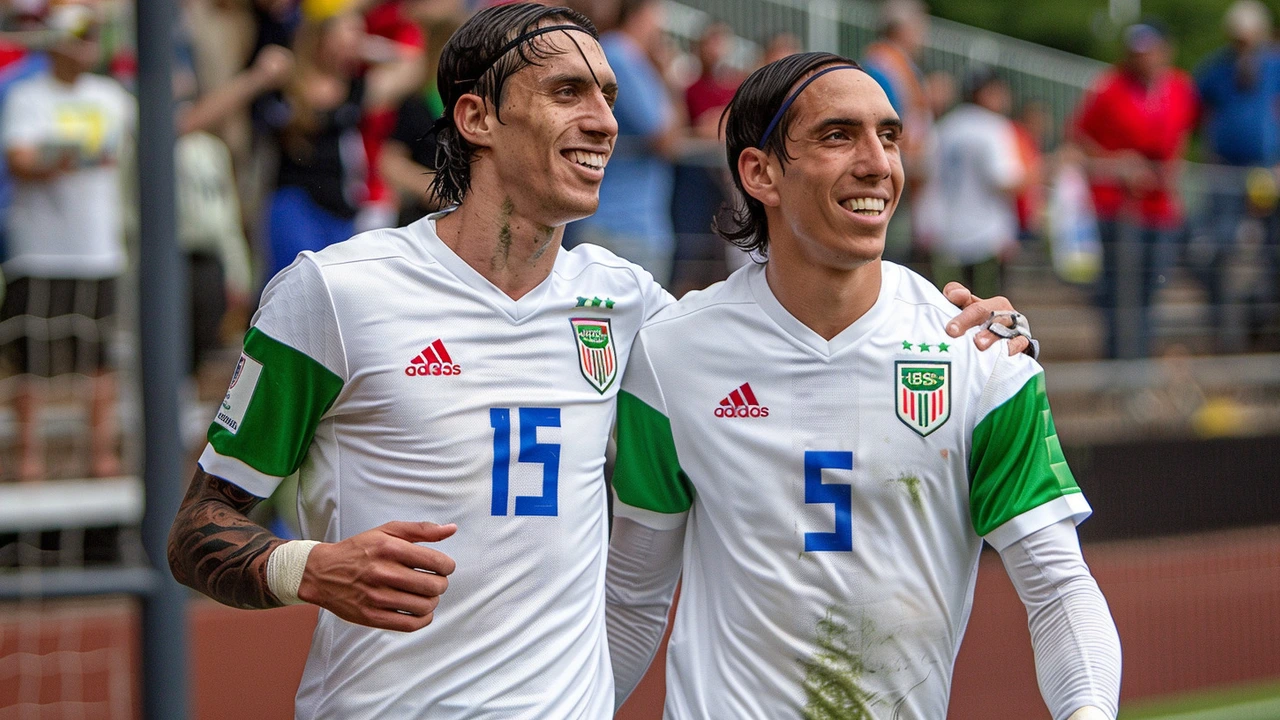Predictions: How We Call Games, Politics and Big Events
Want straight talk about what’s likely to happen next? This tag pulls together our best forecasts across sports, politics and big stories — and explains why we think one outcome is more likely than another. We don’t pretend to be crystal-ball readers. We show the reasons so you can judge for yourself.
How we build a prediction
We start with facts: recent form, injuries, head-to-head results, schedule congestion, and where the game is played. For example, Arsenal’s Singapore friendly with AC Milan matters less than Premier League form; pre-season shows fitness and line-up choices, not final form.
Then we add context. Is a star missing? When Stephen Curry left Game 1, the Warriors’ chance shifted — and so did the game plan. Small changes like that move odds a lot. We also look at motivation: a team fighting relegation acts differently from one resting players for a cup final.
Numbers help. Expected goals, possession trends, and shot quality highlight whether a win was luck or control. In tennis, serve speed, return stats and recent match length matter — Novak Djokovic’s sudden retirement from the Australian Open, for instance, changes forecasts for the rest of the draw.
Types of predictions you'll find here
Sports previews: Match-by-match calls with key factors. Expect recommendations like betting under 3.5 goals for a tight Chelsea vs Tottenham clash, or how Curry’s injury shifts the Warriors–Timberwolves series outlook.
Event and award outlooks: We track nominations and momentum. When the PSL released its 2024/25 awards shortlist, we looked at which clubs and players were riding hot form and why that matters for winners.
Politics and trials: Some forecasts are about outcomes, not scores. When a legal or political process heats up — like high-profile trials or cabinet reshuffles — we highlight the evidence, timelines, and likely next steps rather than guesswork.
Quick tips before you follow a prediction
1) Check timing: Team news and injury updates often appear hours before kickoff. A late suspension or lineup change can flip a pick.
2) Know the difference between a short preview and a deep model. Short previews weigh recent form; models use larger datasets. We label which one we use.
3) Look for market movement. Big shifts in odds often reveal new info or heavy money on one side.
Examples from our recent previews
- Ben Shelton’s run to the National Bank Open final shifted our tennis outlook because his serve and court speed were dominant that week.
- For a Premier League match, Trent Alexander-Arnold’s late strike for Liverpool changed title race math and betting expectations for the next fixtures.
Want updates? Follow this tag for quick pre-match notes, final lineups, and short explanations of why the pick moved. We’ll keep the language plain and the reasons clear — so you know what’s behind every forecast.
